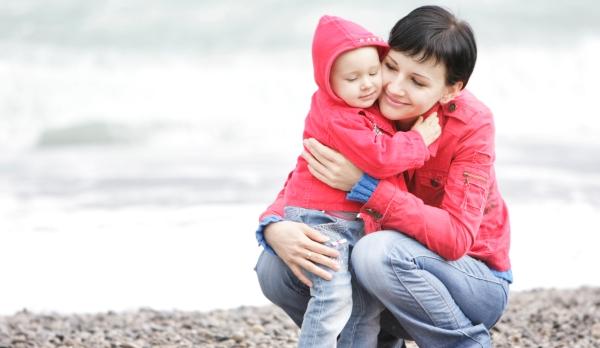How Poverty Affects Mothers' Anxiety

Mothers who live in poverty are more likely than others to have symptoms of the mental disorder anxiety, but this is because of their socioeconomic issues, not because of actual psychiatric issues, according to a new study.
The researchers surveyed nearly 5,000 parents and found that mothers who received free food or had a difficult time paying their utility bills were nearly 2.5 times more likely to have symptoms that would warrant a diagnosis of generalized anxiety disorder, compared with those who said they had no trouble paying their bills.
But the researchers said their work showed that impoverished mothers have symptoms of anxiety because of the adversity they must cope with in their daily lives, rather than because of true mental health issues.
"There are certain things that happen to people in life that cause people to have reactions," said lead researcher Judith Baer, a professor at Rutgers University. "The stress of not knowing where your next meal is coming from makes people anxious — and that's normal."
Assessing anxiety levels
The findings are in line with previous studies that suggest that impoverished women have higher-than-average anxiety levels, the researchers said.
The researchers used data gathered during the Fragile Families and Child Wellbeing Study, in which 2,338 mothers responded to surveys and interviews periodically, and underwent home observations when their children were 3 years old. Families living in urban areas participated in the study. and 58 percent were at or below the poverty line.
Get the world’s most fascinating discoveries delivered straight to your inbox.
The researchers said the broad definition of generalized anxiety disorder could contribute to overdiagnosis in this group, because the coping mechanisms that people use for dealing with their poverty may be mistaken for anxiety symptoms, which include issues such as worrying too frequently, having sore muscles, being unable to sleep and feeling on edge.
A problematic diagnosis
The book that health care professionals use to help diagnose mental health conditions is the Diagnostic and Statistical Manual of Mental Disorders. The researchers said the book's descriptions take only a person's symptoms into account, not other factors such as socioeconomic status.
"Labeling an individual with a diagnosis, especially if it is inaccurate, has a serious social stigma," Baer said.
It would be particularly problematic for a woman who does not truly have anxiety to be treated with medication, Baer said. Instead of medication, social workers could provide financial support, food stamps, assistance getting a job, and free day care, the researchers suggested.
The researchers said they also attempted to assess whether a mother's poverty and anxiety affected her child's likelihood of developing anxiety. They found that the women's anxiety did not affect their parenting abilities.
The study was published July 20in the journal Child and Adolescent Social Work.
This story was provided by MyHealthNewsDaily, a sister site to LiveScience. Follow MyHealthNewsDaily on Twitter @MyHealth_MHND. Find us on Facebook and Google+.


